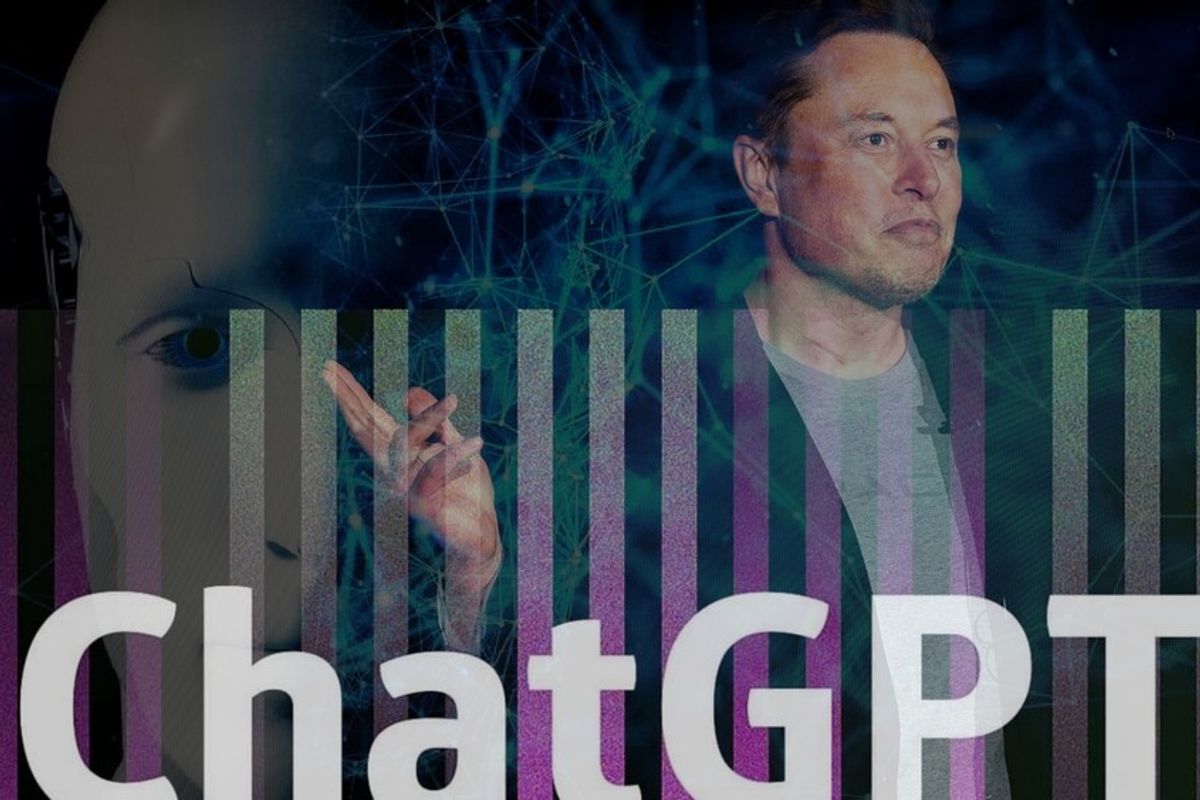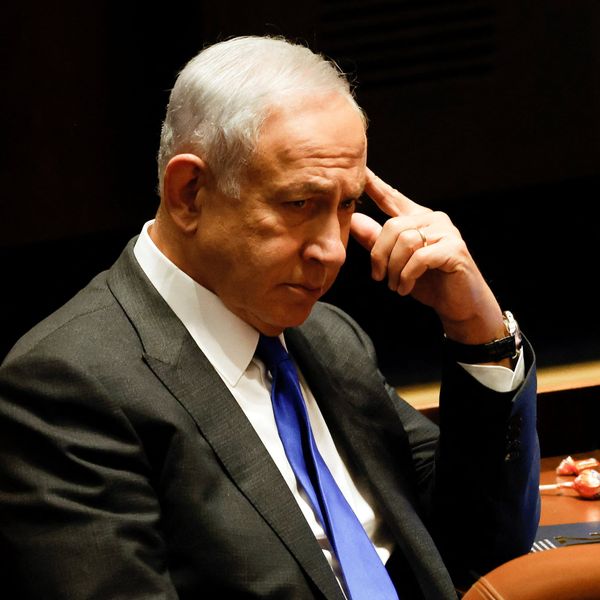Elon Musk vs. OpenAI: The $97 billion power struggle
Musk’s offer is backed by his AI startup, xAI, which, according to reports, could merge with OpenAI if the deal goes through.
Dubai Desk
The Dubai Desk reports on major developments across the UAE, covering news, culture, business, and social trends shaping the region.

A group of investors led by Elon Musk submitted a $97.4 billion offer to acquire the nonprofit entity controlling OpenAI.
Shutterstock
- Musk's bid intensifies tensions with OpenAI CEO Altman
- Consortium includes xAI, Baron Capital and others
- Offer complicates OpenAI's transition to for-profit organization, analysts say
A group of investors led by Elon Musk has submitted a $97.4 billion offer to acquire the nonprofit entity controlling OpenAI, escalating the ongoing confrontation between the Tesla CEO and the artificial intelligence company he co-founded.
Musk confirmed the offer in a statement, expressing his desire to restore OpenAI to what he described as “the benevolent force focused on safety and open-source principles it once was.”
In response, OpenAI CEO Sam Altman took to Musk’s social media platform, X, to post a sharp rebuttal: "No, thanks. But if you’d like, we can buy Twitter for $9.74 billion." (Musk had acquired Twitter for $44 billion, but its valuation has since declined, according to external estimates.)
The battle over OpenAI’s future
The Wall Street Journal was the first to report Musk’s offer, though OpenAI declined to comment on the bid. Musk’s attorney, Marc Toberoff, also did not immediately respond to requests for comment.
Musk’s offer is backed by his AI startup, xAI, which, according to reports, could merge with OpenAI if the deal goes through. The bid also includes financing from investors such as Valor Equity Partners, Baron Capital, Atreides Management, Vy Capital, 8VC, and Ari Emanuel’s investment fund. Joe Lonsdale, co-founder of Palantir, is also involved in the deal but declined to comment. Other investors have not responded to requests for statements.
Musk and Altman have been at odds for years over OpenAI’s direction, with Musk accusing the company of abandoning its nonprofit mission to prioritize profits. OpenAI, originally established as a nonprofit in 2015 with Musk and Altman among its founders, has since transitioned into a for-profit model, securing multi-billion-dollar investments from Microsoft and others.
Musk’s legal challenge against OpenAI
In a revised version of his lawsuit originally filed in August, Musk has labeled OpenAI’s partnership with Microsoft as a monopoly, claiming it actively stifles competitors like xAI by securing exclusivity commitments from investors. The updated lawsuit expands from 15 legal claims over 83 pages to 26 claims across 107 pages.
Concerns over Microsoft’s $13 billion investment in OpenAI have drawn the attention of the U.S. Federal Trade Commission (FTC), which is examining whether Microsoft’s dominance in cloud computing could extend unfairly into the booming AI sector. Meanwhile, Japan’s SoftBank is reportedly in discussions to invest up to $25 billion in OpenAI—potentially outpacing all other investors and making it the startup’s largest backer. Bloomberg reports that such an investment could push OpenAI’s valuation to $300 billion.
OpenAI’s expanding alliances
Last month, Microsoft revised its long-term agreement with OpenAI, allowing the AI firm to use competing cloud computing providers as long as Microsoft does not seek control over the business. Around the same time, OpenAI, SoftBank, and Oracle announced a $500 billion joint venture to build U.S.-based cloud computing data centers, dubbed "Stargate."
As the AI industry rapidly evolves, Musk’s bid to take over OpenAI signals not just an effort to reclaim influence but a broader power struggle over the future of AI innovation, regulation, and corporate control.







Comments
See what people are discussing